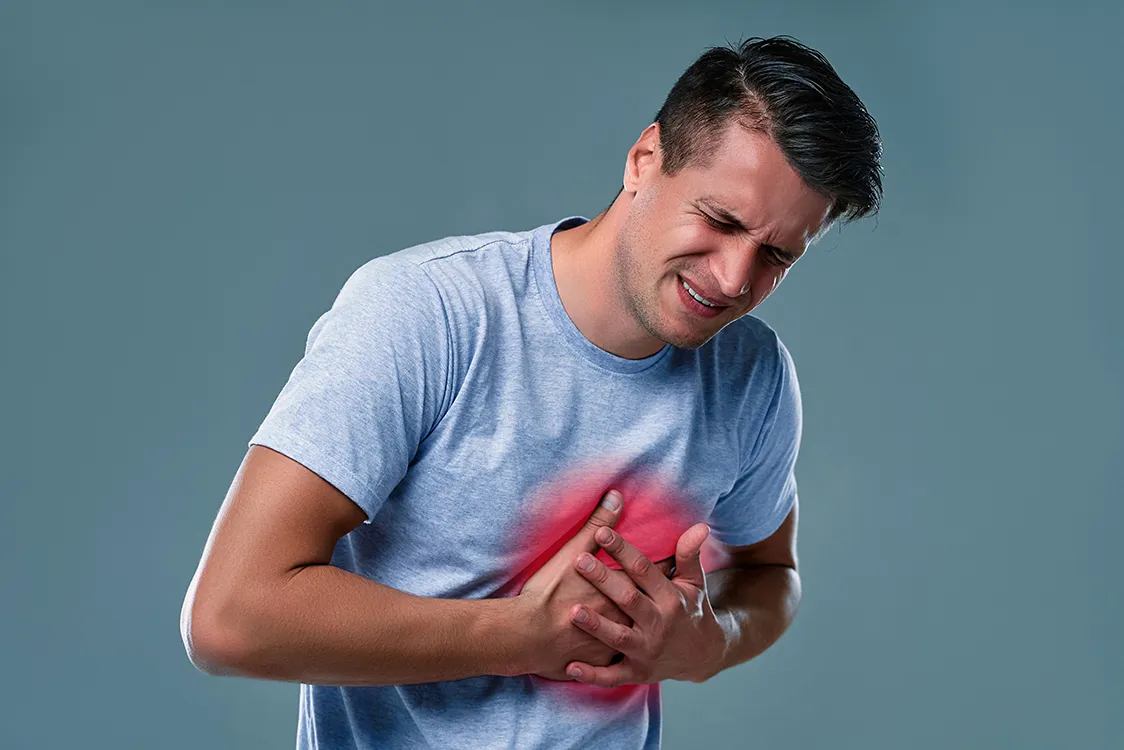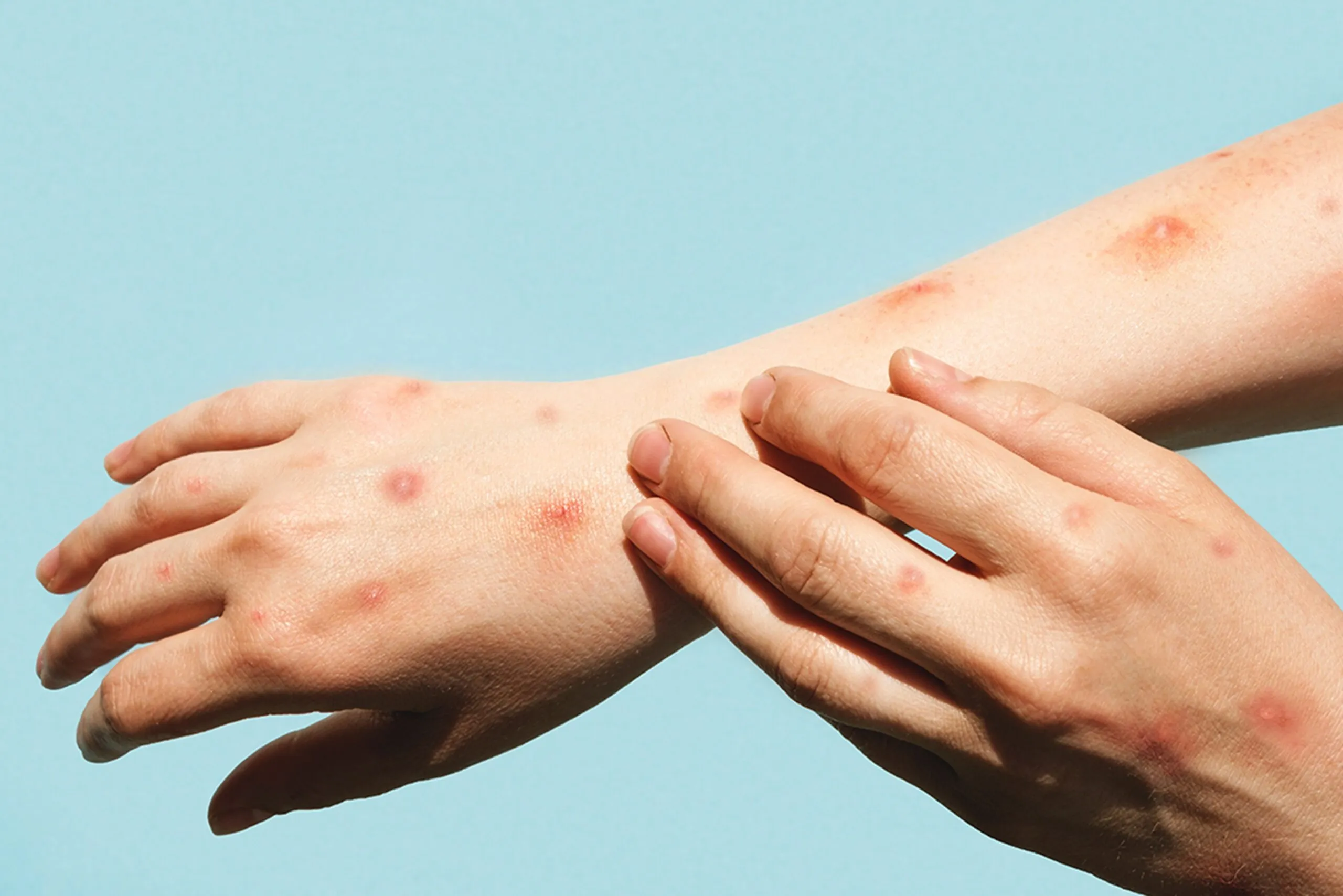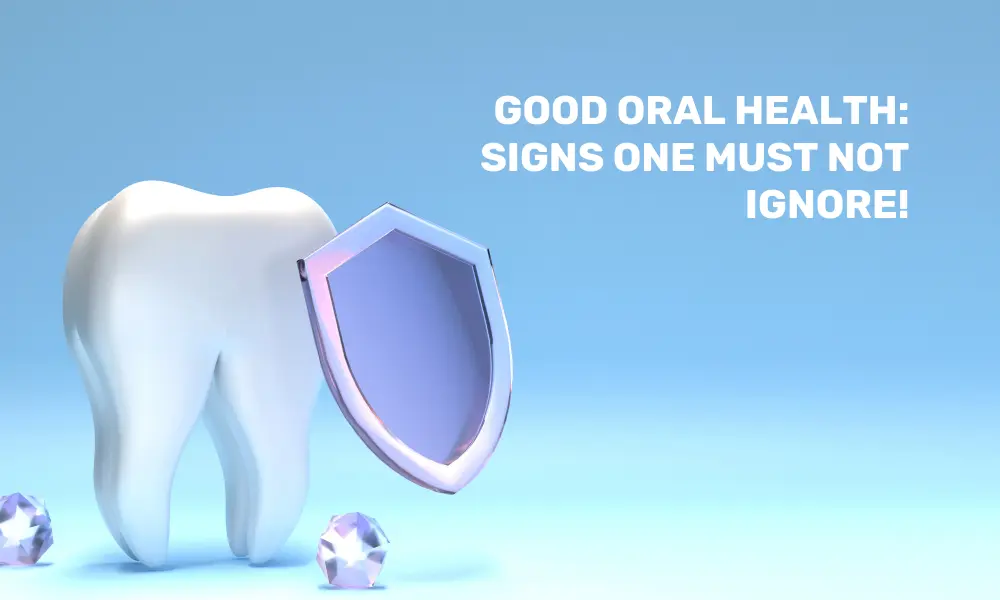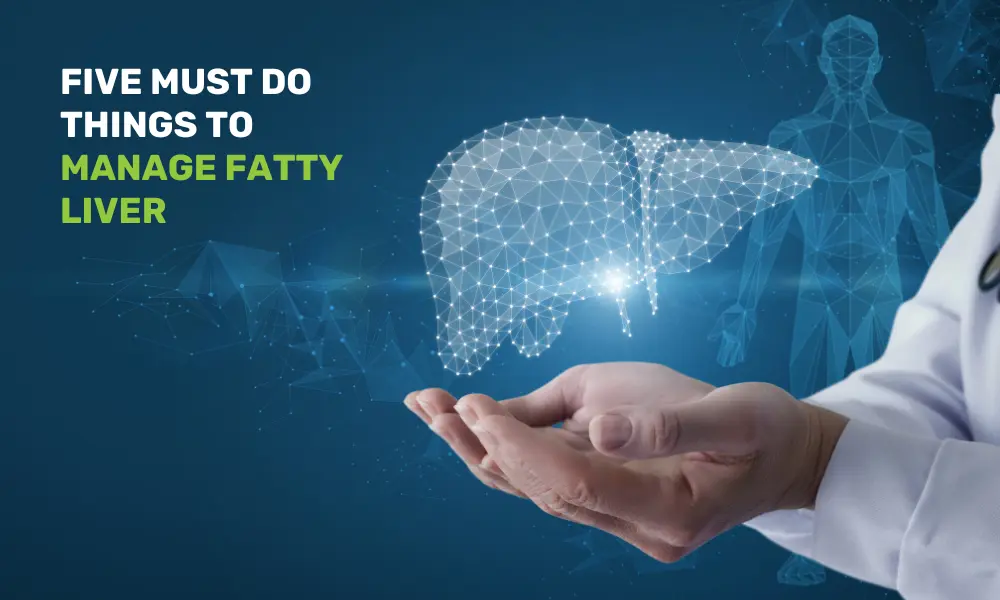Heart attacks primarily manifest as left-sided chest pain or heaviness that happens while at rest or after exertion and frequently radiates to the left hand accompanied by vomiting and perspiration.
Time is money is a well-known proverb, but it reads “time is muscle” when it comes to heart matters. The suffering to the heart increases with the length of the delay. Like all other organs, the human heart needs a steady supply of oxygen and nutrients to stay healthy. However, when a “myocardial infarction,” also known as a “heart attack,” occurs, the supply is suddenly cut off, which causes starvation, death, and ultimately irreversible damage. The most crucial organ in your body, your heart, regulates blood flow throughout your body, so heart damage will affect how your body functions.
As the name implies, heart attacks primarily manifest as left-sided chest pain or heaviness that occurs at rest or with exertion frequently radiates to the left hand and may be accompanied by vomiting and perspiration. The “golden hour” is the first hour following the onset of a heart attack. If adequate treatment is received during this time at a facility equipped for angioplasty, the damage caused by the heart attack can be reduced.
The “Golden Hour” idea is crucial because most fatalities and cardiac arrests occur during this time. Nearly 47% of fatalities, according to the Centers for Disease Control and Prevention (CDC), are caused by sudden cardiac arrests before a person reaches the hospital. However, they can anticipate a nearly complete recovery if they get to the nearby hospital within that time. It’s a crucial moment. This is because the heart muscle begins to die 80 to 90 minutes after it stops receiving blood, and within six hours, nearly all of the affected heart tissue may have suffered irreparable damage. Therefore, the quicker blood flow is restored, the less harm the heart will sustain.
Due to another early fatality besides damaged heart muscle known as “abnormal heart rhythms” or “ventricular tachycardia” and ventricular fibrillation, where the contraction of heart muscles occurs rapidly without any active pumping of blood from the heart, an ECG monitor is immediately attached to a patient upon arrival at the hospital to assess the patient’s heart rhythm and to provide appropriate treatment. This fatality may be avoided by administering a shock (Cardioversion) or taking specific medications.
Essential Actions to Take:
- Determine the signs.
- Immediately seek assistance.
- Quickly get to the closest hospital.
Alert Signs
At rest or with little exertion, there is a heavy or burning sensation over the chest accompanied by sweating, restlessness, and radiating pain to the jaw, back, and left arm.





